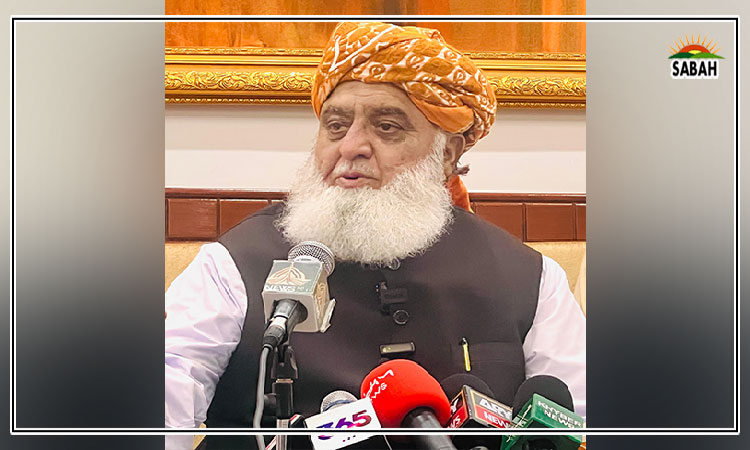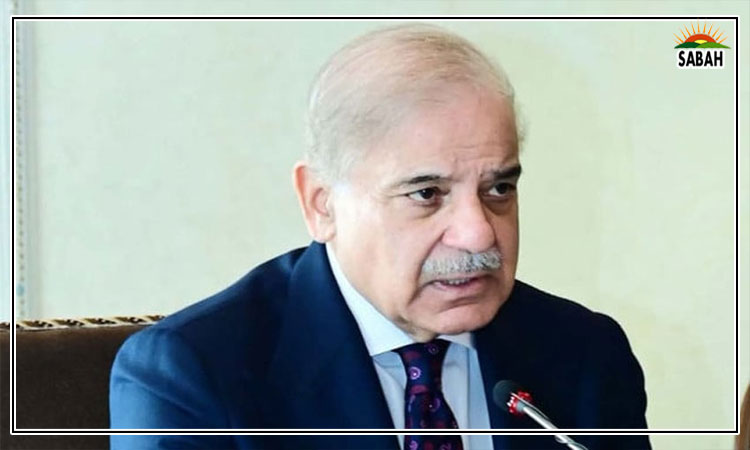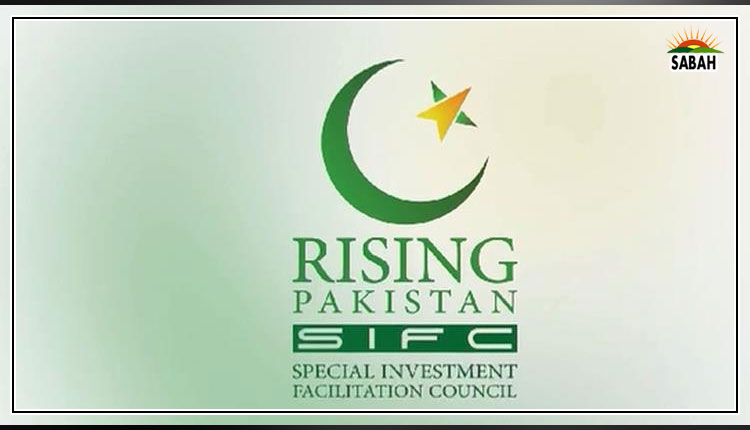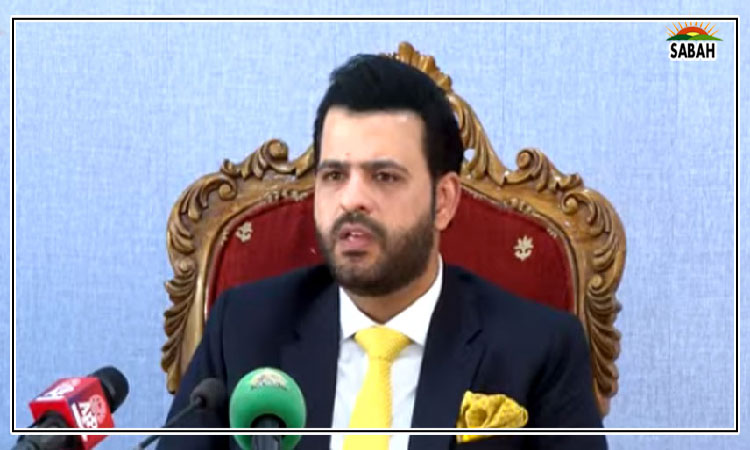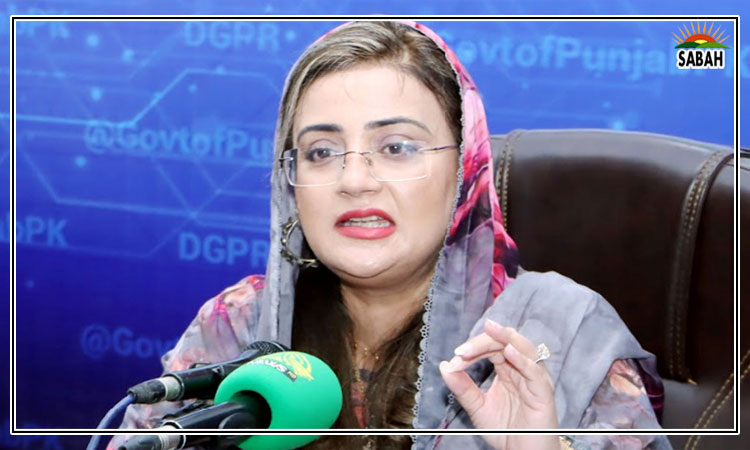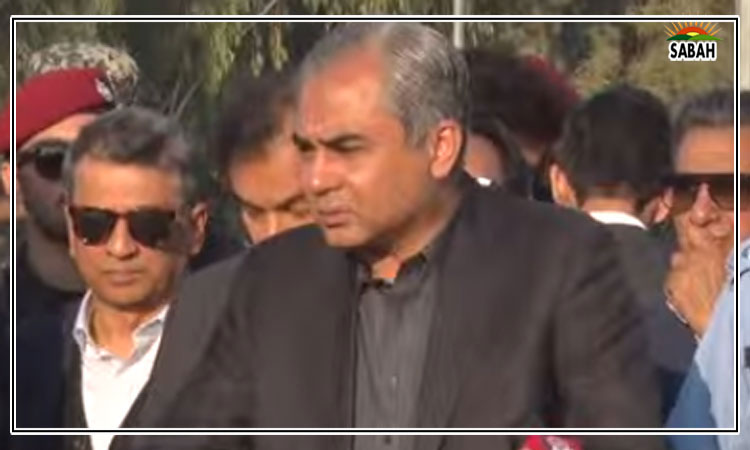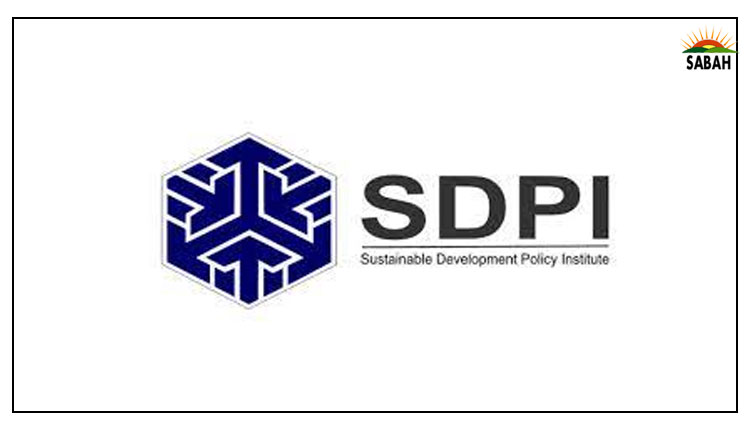Experts say power wheeling to ensure clean and affordable energy
ISLAMABAD, Feb 8 (SABAH): Experts at a public-private dialogue were of the view that power wheeling will ensure access to clean and affordable energy and will play an instrumental role in enhancing productivity by reducing production cost for the industrial sector.
The public-private dialogue on “Power Wheeling Reforms for Offtake of Renewable Energy: Options and Challenges for Pakistan’s Corporate Sector” was organized by Sustainable Development Policy Institute (SDPI) here.
Gul Hassan Bhutto, Advisor to (Competitive Trading Bilateral Contract Market (CTBCM), NEPRA said since 1992 NEPRA has been unable to make power market competitive, but CTBCM and power wheeling will overcome these hurdles. He said that wheeling allows meeting energy demand by transporting power from point of generation to point of demand and the wholesale power market aims to align policy and regulatory frameworks, provide non-discriminatory access to all market players, attract investments, build efficiency, and lower the power tariffs. This would also lead to auctions and bilateral contracts, reduction in consumer price, credit worthiness, moving away from sovereign guarantees, and integrated system planning, he maintained.
Ahmed Tanvir Qazi, Manager, Market Design and Development, Central Power Purchasing Agency (CPPA) said that CTBCM enables fair and affordable power supply keeping in view the interests of all stakeholders by considering a holistic view of how each decision in CTBCM impacts each stakeholder and ultimately the economy.
Aqeel Jafri from Alternative Energy Development Board (AEDB) said that going forward, renewables are crucial to ensure energy affordability for all sectors and wheeling will be a crucial element in this regard.
Dr. Hassan Daud Butt, Senior Advisor, SDPI stressed the need for addressing legal and regulatory headwinds, incorporating all energy generation sources to increase the efficacy of power wheeling in Pakistan. He informed that at the beginning of CPEC, the energy sector was confronted with various challenges but private sector investments of $22billion in a period of 3 years proved instrumental. He stressed on transparency and ensuring delivery on the policies which must be developed and executed in consultation with indigenous experts particularly for industrial and export sector.
Omar Malik, Chief Executive Officer, Shams Power Limited, said that CTBCM is a key enabler for Pakistan to deliver economically priced electricity to commercial and industrial sector. Private entities, he added, bear the cost and risk, and the government needs not to provide any guarantees making it a win-win situation for all. He further said that power wheeling will enable multinationals and corporations to green their operations by increasing renewable energy capacity in a cost-effective manner. He highlighted that disagreement on charges for wheeling between market and Central Power Purchasing Agency remains the biggest obstacle in the success of power wheeling that needs to be resolved through benchmarking with international figures.
Alia Idris, General Manager (Special Projects), K-Electric said that KE has plans to invest Rs 500 billion in power generation, transmission and distribution and will inject 30% power through renewables by 2030. She emphasized on establishing safe and fair mechanism for cost determination in a regulated market,
ensuring grid stability, transmission and distribution infrastructure reinforcement to encourage power wheeling in Pakistan and sought more collaboration with NTDC so that affordable power might be provided to consumers.
Muhammad Salman Khan, Secretary-General, Swabi Chamber of Commerce and Industry, said that since COVID-19, cost of power and thus production cost for industries has increased exponentially, disrupting the growth trajectory. He said that captive power sector is marred by pricing, policy and regulatory inadequacies and called for regulatory and policy reforms to make industrial production more sustainable.
Dr. Khalid Waleed, SDPI Research Fellow, suggested that wheeling should be prioritized for economic zones and industrial sector to support the country’s development agenda.
Safdar Hayat, Pakhtunkhwa Energy Development Organization (PEDO), said that in various projects for off taking power from KP are also under discussion with KE and till 2030 1000MW will be injected in the system through wheeling.
Aisha Khan, Chief Executive Officer, Civil Society Coalition for Climate Change while announcing the launch of Steering Committee of Network for Clean Energy Transition in Pakistan: Research and Advocacy said that energy remains the single largest stressor on economy and climate change stresses the need for just transition to clean and affordable energy. She reiterated the need for smaller interventions and scaling up the policies and regulations.



